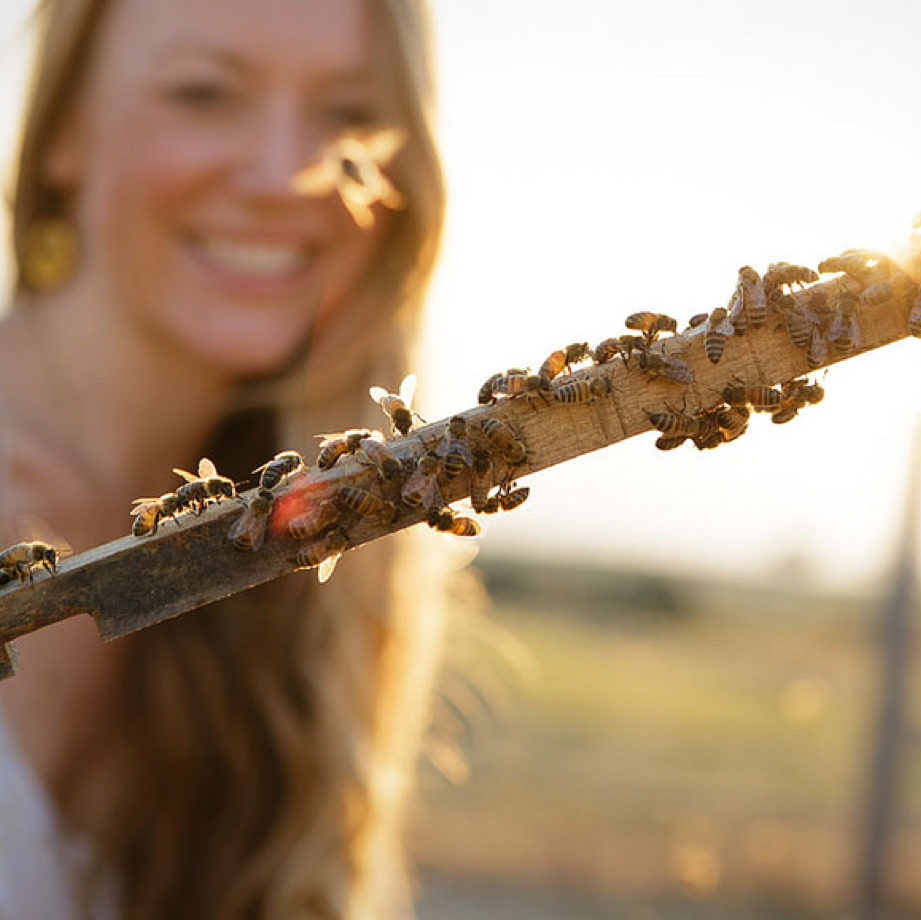The world is abuzz about bees, and with good reason — pollinators have been disappearing at alarming rates over the years, and scientists have been puzzled as to why. One species, the Rusty Patched Bumble Bee, has declined by 87 percent in the last 20 years.
Here are a few reasons scientists believe bees are disappearing:
Pesticide use
Several studies are now linking widespread pesticide use to colony loss.
Climate change
Climate change not only causes extreme weather events that can damage bee populations, but these changes influence the availability of local food sources for bees.
Varroa mites
Sort of like a tick, these tiny arachnids not only feed on bees, but spread viruses and disease.
Habitat loss
Urban sprawl and widespread monocropping have made flowering food sources for bees harder to come by.
Without bees and other pollinators, plants are unable to reproduce, and that means our food supply is in jeopardy. One out of every three bites of food that we eat is thanks to a bee. With such a critical role to play, it’s crucial we all lend a hand to these fuzzy little pollinators this summer.
The good news? It’s easier than you think (and crazy fun).
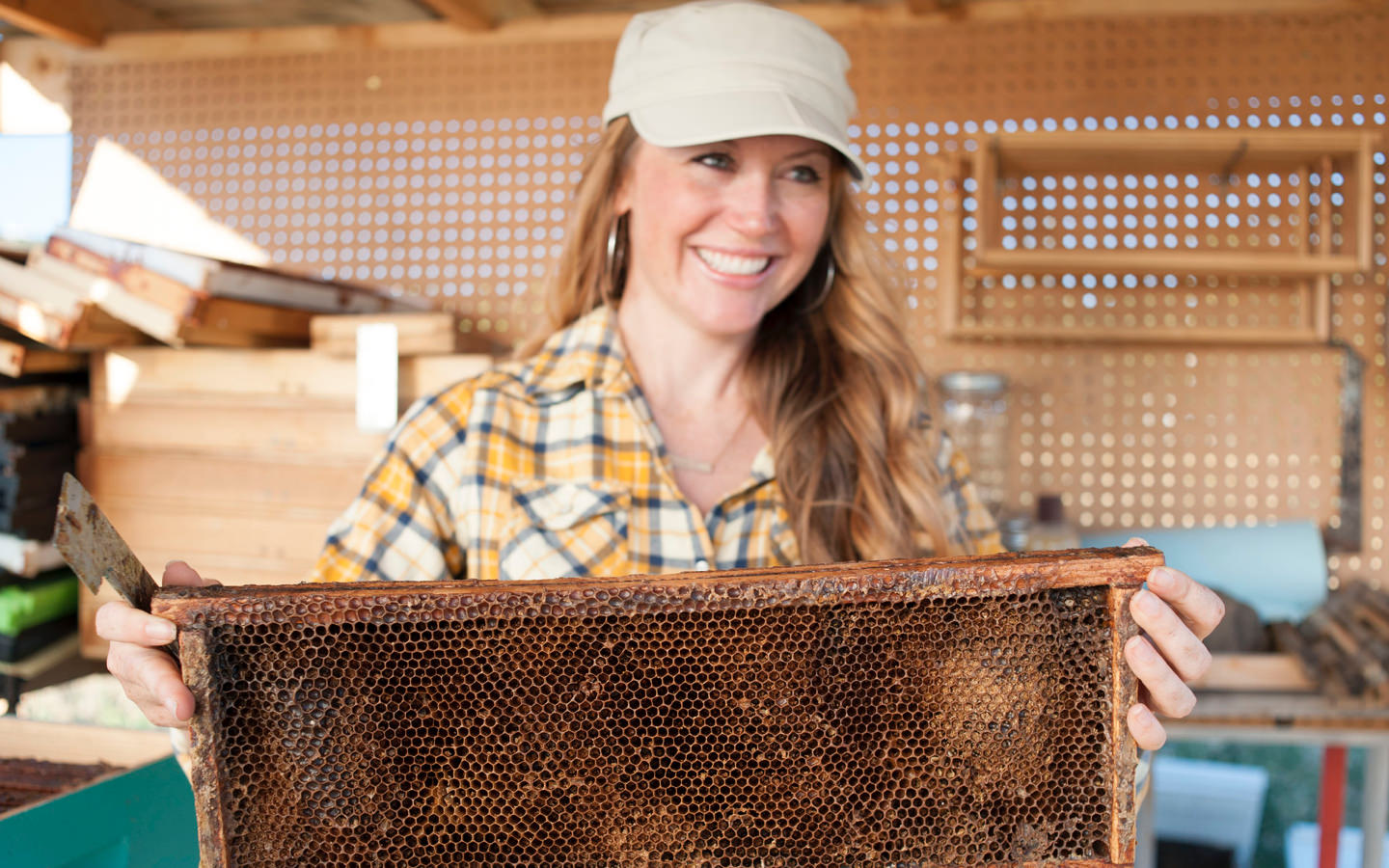
#1 — Plant Bee-Friendly Flowers
The best part about helping bees is definitely having a great excuse to plant some beautiful blooms. Putting flowering plants in your yard that produce blooms across as many seasons as your hardiness zone will allow keeps food within easy reach for bees. Also make sure your flowers are native varieties and bee-friendly — not every species produces the nectar and pollen that bees need.
Here are some bee-friendly varieties that Bee Girl founder Sarah Red-Laird recommends:
Buckwheat
Milkweed (native)
Borage
Tansy phacelia
Tulsi
Clover
Vetch
Cosmos
Sunflowers (native)
Herbs
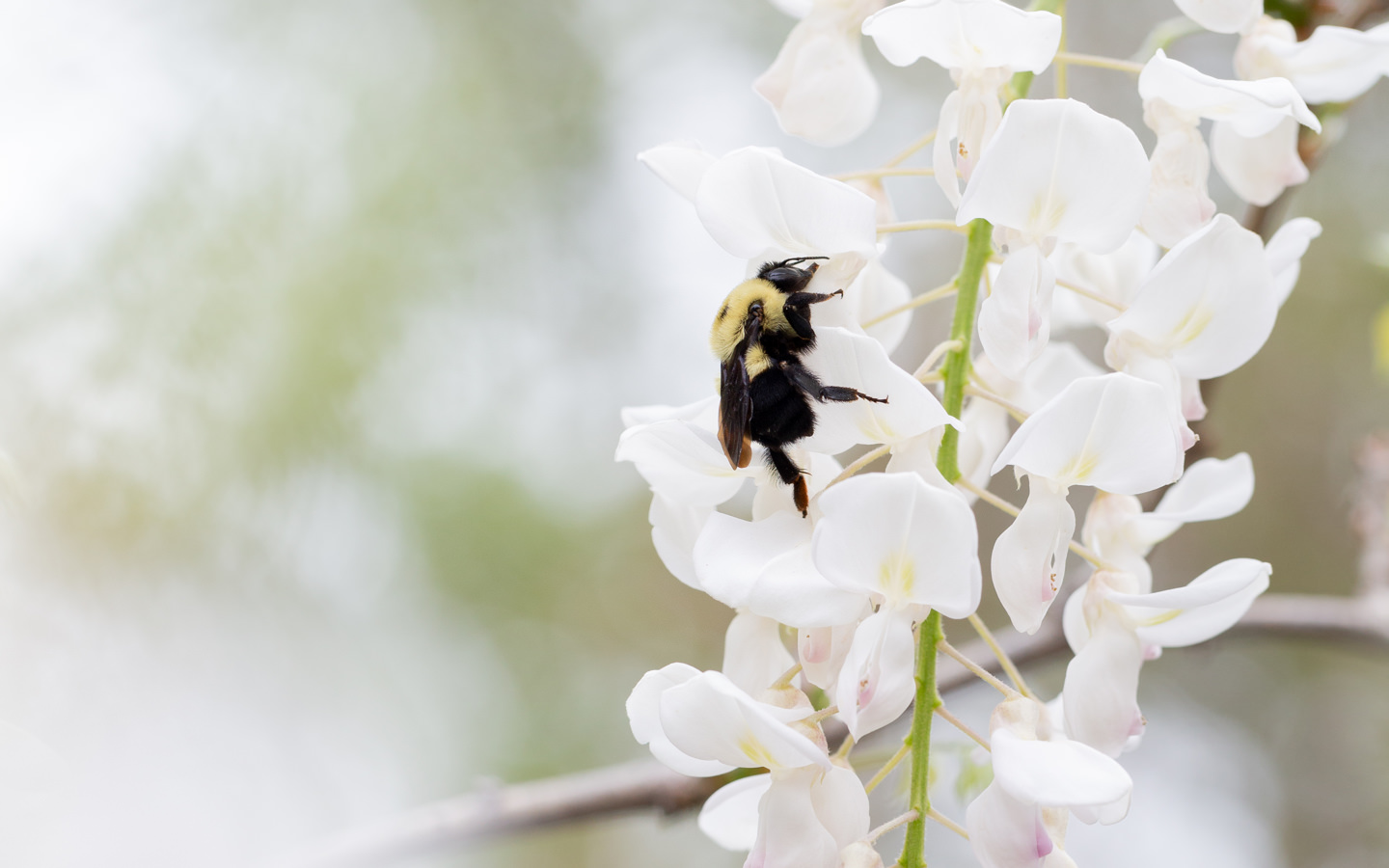
#2 — Ditch the Pesticides
Colony Collapse Disorder was a mystery for a long time, but scientists believe they’ve finally narrowed down the cause of this alarming phenomenon that’s wiping out bees at an alarming rate.
Neonicotinoids are a chemical present in many pesticides, and when exposed to them, bee colonies fall apart. You can help bees out by avoiding the use of pesticides in your yard and garden this year.
“Also remember that Glyphosate (Roundup) is a pesticide, too. Leave your dandelions and clovers “bee” in the spring and summer, they are incredibly important to both native bees and honey bees! Adopt a “new view” and see them not as weeds, but beautiful wildflowers!”
#3 — Buy Local Honey
Believe it or not, even just buying locally produced honey helps bees! Doing so not only supports your local beekeepers, but encourages them to maintain their populations via good ol’ supply and demand.
Besides being good for bees, buying honey’s GREAT for you too — it’s a natural immune system booster!
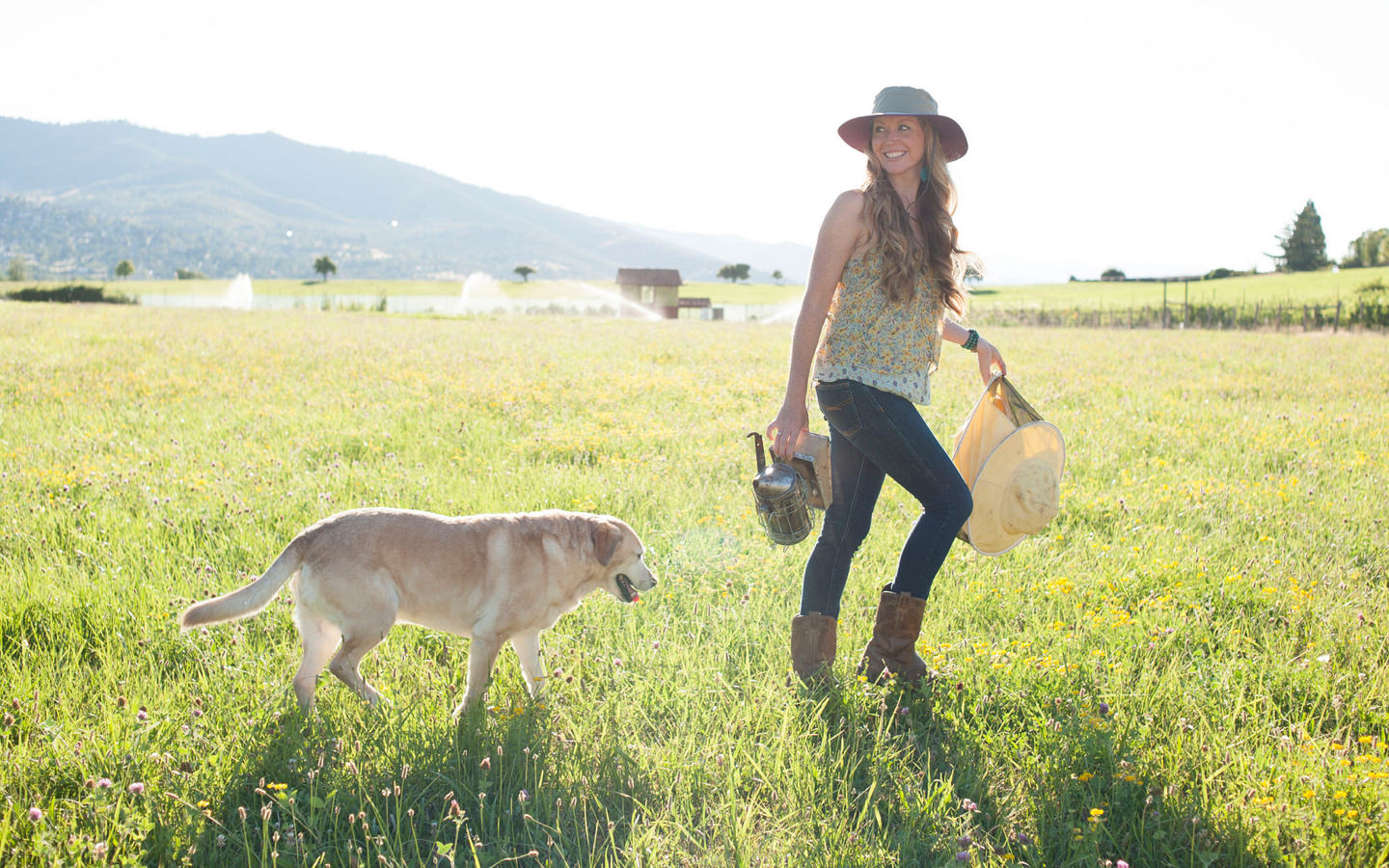
#4 — Buy Sustainably Farmed Produce
Organic produce can be ideal, but keep in mind that organic doesn’t mean pesticide-free.
“Organic isn’t always the solution, but it might be an improvement — many organic farmers still use ‘organically approved’ pesticides that are detrimental to bee populations.”
Shoot for locally grown produce, and wherever possible, stop and talk with farmers about what they use on their crops. Farmers practicing methods like integrated pest management, regenerative agriculture, and permaculture are more likely to have methods that are safe for bees.
Here are a few questions you can run by them to determine how bee-friendly their farming practices are:
Do they plant additional flowers in hedgerows?
Do they plant cover crops? Buffer strips?
Do they limit spraying harmful pesticides, like pyrethroids, to evening hours so toxicity can subside before the bees forage the next day?
#5 — Leave a Little Bare Ground
Believe it or not, the majority of bees don’t live in colonies and need a place to burrow in the ground to raise their young! Don’t cover everything in mulch — leave some exposed ground so burrowing bees can get into the dirt and set up their homes.
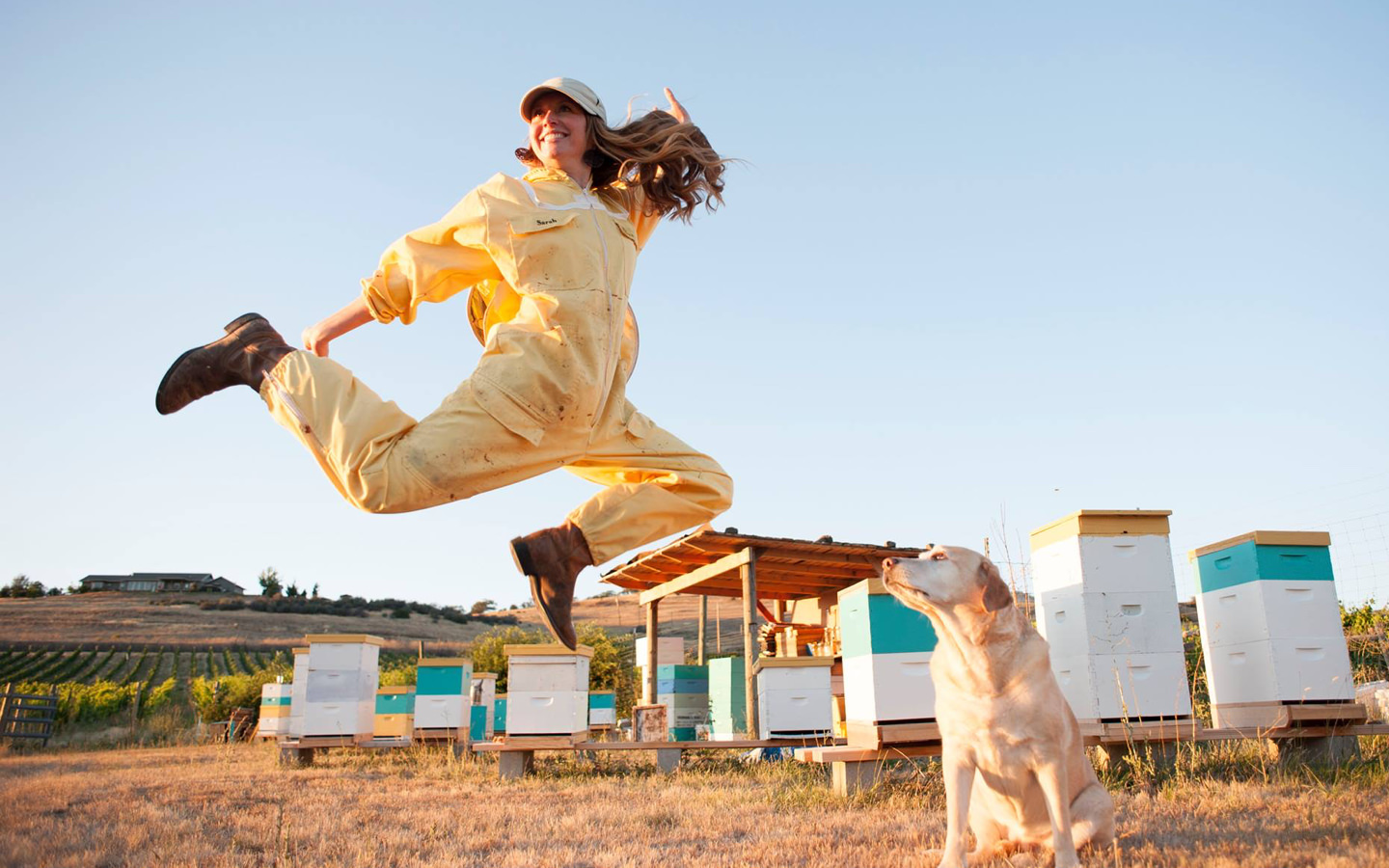
The solution is simple: Plant More, Spray Less
#loveyourbees
To help support Sarah’s efforts over at The Bee Girl Organization, check out her website and donate directly.
What are you doing to help out your local bee populations this year? Tag us @avocadomattress and @SarahBeeGirl in your post and share it with us on Facebook or Instagram.

Shop Pillows
The Essential Organic Pillow Collection
Gentle, breathable, non-toxic support.




